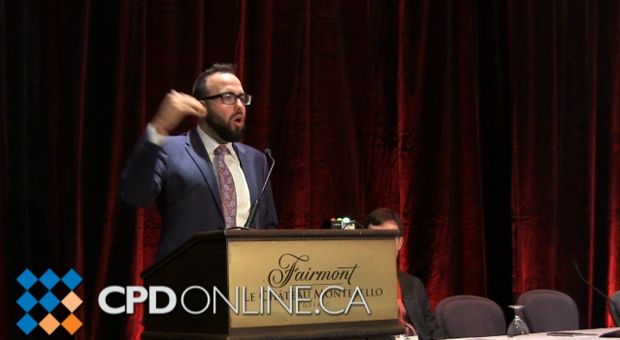
To purchase this video please click “Add to Cart”.
Login to watch this video if you have a subscription. Learn more about subscriptions.This panel will primarily focus on the emerging issue of PGP [pretty good privacy] encryption technology for encrypting data as well encrypted communications more generally as well as technical and legal issues that emerge where police seek to recover and rely on encrypted data in criminal cases. Professionalism, ethics, and best practices for practice management topics will form a substantial part of this presentation, including the following:
Solomon Friedman is a criminal defence lawyer from Ottawa, with the firm Edelson & Friedman LLP. Prior to his call to the bar, Solomon clerked at the Supreme Court of Canada for the Honourable Justice Morris Fish. His 12-year-old daughter thinks he is the best lawyer in Canada. Her twin brother disagrees